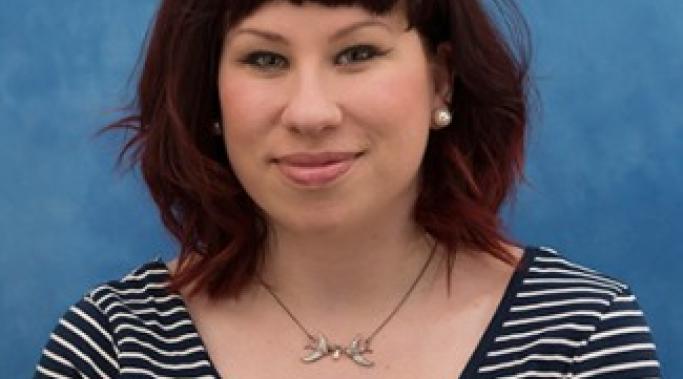Blogs
Balance in your daily living can lead to more joy and bliss in your life. Finding daily balance in your life can be achieved by learning about and using a wellness wheel. You might be wondering what a wellness wheel is and how knowing about it can help you live more blissfully. Several years ago, I made the conscious decision that I wanted to start focusing on what was working in my life and do more of it and the wellness wheel helped.
Teen girls struggle more than ever with confidence, but do you know why? Communicating with confidence can be a huge challenge find out why and the impact it has on her self-esteem.
Taking a moral inventory when you have borderline personality disorder (BPD) can be daunting. Step four of Alcoholics Anonymous (AA) is "a searching and fearless moral inventory." This can be terrifying and difficult for a person with a co-occurring diagnosis of substance abuse and BPD. How do I overcome my black-and-white thinking and see myself as a person with character strengths and weaknesses? How do I remember that I'm a sick person who has made bad choices and not a fundamentally bad person? How do I, as a person with BPD, take a fearless moral inventory?
It's no secret that managing anxiety in love relationships can be tricky. That's because nothing can trigger anxiety like the intimacy and vulnerability of a relationship. It takes a lot for an anxious person to risk having their anxiety seen by an intimate partner, and that's why it's crucial to have some ways to manage anxiety when you find yourself in a love relationship.
When mental illness stigma comes from your own friends, it can be a very jarring and hurtful experience. Even the people that you hold close and trust can be guilty of judgement, hurting you emotionally, and may even stigmatize you. I have been diagnosed with bipolar disorder for 13 years, and even as of late, I have had plenty of experience with friends and mental illness stigma.
I’m Liz Smith and I'm the new author on the Coping with Depression blog. I have depression, I’m 33, and I live in Leeds, a city in the north of England. It wasn't until my mid-20s that I was officially diagnosed with depression, but it was clear I was suffering well before then. Most of the time, I felt pretty desolate – lonely, misunderstood, and like there was nowhere I fit in. At university, everyone else seemed to be having a great time, but being around lots of confident, able people only magnified my insecurities.
You've probably had a visit from the food police no matter what your eating habits are, but when you have binge eating disorder you can get a special visit from the binge eating disorder food police. Anyone who tries to control or regulate your eating is doing a disservice to themselves and to you. However, there's not a lot you can do to prevent the binge eating disorder food police from appearing.
You need to regain control over your life in early sobriety. At times like this, it's important to listen to the advice made by recovering addicts or recovering alcoholics who have been sober longer than you. A person who can stay sober through break-ups, marriages, deaths of loved ones, changing jobs, bankruptcy, and so on, probably has some good insight on how to cope with early sobriety. Perhaps this advice on regaining control of your life in early sobriety might help.
In posttraumatic stress disorder (PTSD), education is critical in PTSD healing. Initially, we feel powerless in so many ways. One of the key aspects of healing is tipping that power balance in your favor. How can this be done? The first key element is gaining control over what you think and how you think about PTSD. PTSD education is your most powerful weapon. What you know about posttraumatic stress disorder can open up or shut down your quest to heal from PTSD.
To be anxious in an uncomfortable silence can create an unbearable quiet zone where all eyes could be on you. Anxiety, especially social anxiety, can flare when we're in a room full of people. Noisy chatter, clanking objects, clicking shoes, slamming doors, and all other background noise is amplified by anxiety. In turn, anxiety revs up, and all of this commotion can make us tense, shaky, dizzy, and fearful that we're doing something wrong. As miserable as a noisy room can make the anxiety-sufferer, when things go quiet and silence descends, it is often then that anxiety spirals out of control. Being anxious in an uncomfortable silence is common in social anxiety, but it doesn't have to forever plague us.









